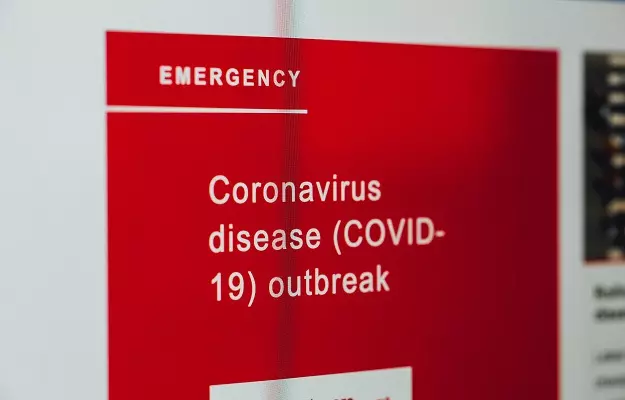With the COVID-19 pandemic spread across 210 nations and territories across the world, most countries including India are amping up their preparedness to better fight this highly contagious infectious disease. Guided by the World Health Organization (WHO), Indian Council of Medical Research (ICMR) and other respectable bodies, the Indian Ministry of Health and Family Welfare (MoHFW) is taking all necessary steps to arrest the spread of COVID-19.
In a recent advisory, the MoHFW revealed that as the number of cases increases in India it’s even more important to prepare the Indian health system for it while also utilising the existing resources judiciously. It’s equally important, the Ministry insists, to create and enforce mechanisms for triaging and decision-making to identify proper COVID dedicated facilities to provide proper care to COVID-19 patients of different categories.
The Ministry then goes on to describe the standard operating procedures (SOPs) to identify available healthcare centres and hospitals which can be categorized and utilized for the appropriate care of COVID-19 patients. These SOPs then specify the different types of facilities which need to be set up for various types or categories of COVID-19 cases.
There are three types of healthcare facilities which will be set up to correspond with the three levels of symptoms the presumptive or confirmed patients of COVID-19 present with: mild, moderate and severe. Once the patients are divided on the basis of their symptoms and dispatched to the appropriate health centres, they should be cared for in isolation wards as per the Ministry guidelines. The following is everything you need to know about the COVID-19 health centres.
























